What is the Best Wifi Modem for Fiber? Fiber is the future of internet speeds, and with that in mind, you need a good wifi modem that can handle those high speeds. But which one is the best? There are a few things to consider when choosing a wifi modem for fiber, such as speed, range, and compatibility.
One of the best WiFi modems for fiber is the Netgear Nighthawk AC1900. It’s fast, has great range, and is compatible with just about any router. If you’re looking for a top-of-the-line option, this is it.
However, it does come at a higher price than some other options on the market. If you are looking for something more affordable, the TP-Link Archer C7 AC1750 is a great option. It doesn’t have quite as high of speeds as the Netgear Nighthawk AC1900, but it’s still plenty fast for most people’s needs. Plus, it has excellent range and is compatible with most routers.
If you are looking for the best wifi modem for fiber, you’ve come to the right place. In this blog post, we will go over what to look for in a modem and some of our top picks. When it comes to choosing a wifi modem for fiber, there are a few things to keep in mind.
First, you want to make sure that the modem is compatible with your ISP’s network. Second, you’ll want to consider speed and performance. And lastly, you’ll want to think about price.
With those factors in mind, let’s take a look at some of the best wifi modems for fiber:
1. The TP-Link Archer C5400X is one of the fastest modems on the market and it’s compatible with most major ISPs. It offers speeds up to 5400 Mbps and has four Ethernet ports so you can connect multiple devices.
It also has MU-MIMO technology which helps deliver fast speeds even when there are multiple devices connected. The only downside is that it’s on the expensive side, but if speed is your top priority then it’s worth the investment.
2. If you are looking for a more affordable option, the TP-Link Archer C7 AC1750 is a great choice . It offers speeds up tp 1750 Mbps and has seven Ethernet ports so you can connect all your devices . It does not have MU-MIMO but it does have beamforming which helps direct signals to where they’re needed most . It is also compatible with most major ISPs so you shouldn’t have any problems using it .
3. The Netgear Nighthawk R6700 is another great option if you are looking for fast speeds without breaking the bank .
Fiber Optic Modem Wireless Router
In today’s world, there are many different types of home networking systems available on the market. One such system is a fiber optic modem wireless router. This type of system offers many benefits over traditional wired networks, and is becoming increasingly popular in homes and businesses alike.
Here, we’ll take a closer look at what a fiber optic modem wireless router is, how it works, and some of the benefits that it can offer you and your home network. So, what exactly is a fiber optic modem wireless router? In simple terms, it’s a device that allows you to connect to the Internet via a fiber optic cable instead of a traditional copper one.
Fiber optics are much faster than copper cables, which means that you’ll be able to enjoy speeds that are up to 100 times faster when using this type of modem! How does it work? A fiber optic modem wireless router uses light instead of electricity to send data back and forth between your computer and the Internet.
This means that there is no interference from things like electrical wires or metal objects, which can slow down your connection. Additionally, because light can travel much further than electricity without losing any strength or speed, you’ll be able to enjoy an incredibly fast and reliable connection no matter where you are in your home. What are some of the benefits of using a fiber optic modem wireless router?
Perhaps the most obvious benefit is the increased speed that you’ll enjoy when compared to a traditional copper-based network. However, there are other advantages as well. For example, because there is no interference from metal objects or electrical wiring, your connection will be much more stable and reliable – even if you live in an older home with less-than-ideal wiring!
Additionally, because light doesn’t degrade over long distances like electricity does, you’ll be able to enjoy speeds that are just as fast no matter where you are in your house – even if your computer is upstairs while the router is downstairs!
What Modem is Best for Fiber?
There is no definitive answer to this question as it depends on a number of factors, including the specific fiber service you are using and your personal preferences. However, we can provide some general guidance to help you choose the best modem for your needs. If you are using a fiber-to-the-home (FTTH) connection, then you will need a modem that is specifically designed for this type of connection.
These modems typically have higher speeds and more features than traditional modems, so they are able to take full advantage of the capabilities of a fiber optic connection. When choosing a FTTH modem, it is important to consider the speed of your connection. Most FTTH services offer speeds of up to 1 Gbps, so you will need a modem that can support these high speeds.
In addition, many FTTH providers offer symmetrical speeds, which means that your download and upload speeds will be the same. This is important if you plan on doing a lot of online gaming or video streaming, as it ensures that your connection will be able to keep up with these activities. Another factor to consider when choosing a modem for FTTH service is whether or not you want a wireless router built into the device.
Many people prefer having a separate router so they can have more control over their network settings and security. However, having a wireless router built into your modem can be more convenient if you don’t want to deal with setting up two devices separately. Finally, make sure to check with your FTTH provider before purchasing any equipment.
Some providers may require that you use specific types or models of equipment in order to get the best performance from their service.
Do I Need a Special Router for Fiber Optic?
If you want to get the fastest possible speeds from your fiber optic internet connection, then you’ll need a router that’s specifically designed for use with this type of technology. These routers are typically more expensive than traditional models, but they’re worth the investment if you want to make the most of your high-speed connection. When shopping for a new router, look for one that supports both Ethernet and optical fiber connections.
This will ensure that you can still use your old devices while taking advantage of the speeds that fiber optics offers. You should also make sure that the router you choose offers dual-band support, as this will allow you to connect both 2.4GHz and 5GHz devices to your network. Finally, keep in mind that many ISPs offer their own branded routers for use with their fiber optic service.
In some cases, these models may be the best option available, so it’s worth checking with your provider before making a purchase.
Does Any Modem Work With Fiber?
Fiber-to-the-home (FTTH) is growing in popularity as a means of providing high speed internet access. But what does that mean for your modem? Does any modem work with fiber, or do you need a special one?
The short answer is: it depends. While most modems will work with fiber optic internet, some may not be compatible with the speeds offered by certain providers. And in some cases, you may need a different type of modem altogether – like an optical network terminal (ONT), which is specifically designed to work with fiber optic service.
So if you’re considering making the switch to FTTH, it’s important to do your research and find out what type of modem (if any) will work with your specific provider and plan. With that said, let’s take a closer look at how fiber optic internet works and which modems are best suited for it. How Fiber Optic Internet Works
Fiber optic internet uses thin strands of glass or plastic to transmit data at high speeds – typically much faster than cable or DSL. The light signals travel along the fibers and are converted into electrical signals at the other end, which then connect to your computer or other devices just like any other type of internet connection. Most people get their fiber optic internet from one of two places: through their local municipality (in the case of Google Fiber, for example) or from a private company like Verizon FiOS.
In either case, the connection will likely come into your home through an underground conduit – meaning that running new cables inside your walls isn’t necessary. Instead, the existing copper wires can be used to connect to a small box called an optical network terminal (ONT). From there, the signal can be split and sent to multiple devices via Ethernet cables – just like with any other router/modem setup.
Which Modems Work With Fiber Optic Internet?
In this digital age, reliable internet access is essential for many activities. Many households and businesses rely on fiber optic internet to connect to the web. But which modems are compatible with this type of internet? This article will provide information about the best modems that work with fiber optic internet.
It will cover details such as modem features, speeds, and costs so readers can make an informed decision when choosing a modem.
NETGEAR CM700 Cable Modem: The NETGEAR CM700 is a DOCSIS 3.0 modem that works with all major ISPs and devices, including cable, fiber optic, and DSL connections. It is one of the most popular modems on Amazon with over 8,300 reviews. The modem supports download speeds of up to 960Mbps and upload speeds of up to 120Mbps. It has eight downstream channels and four upstream channels that work with any speed plan.
Final Thoughts
If you are looking for the best WiFi modem for your fiber internet connection, there are a few things to keep in mind. First, make sure the modem is compatible with your ISP. Second, choose a modem with 802.11ac support for the fastest speeds. And finally, pick a model that has external antennas for better range and performance. Finally I recommend NETGEAR CM700 Cable Modem is the best overall.
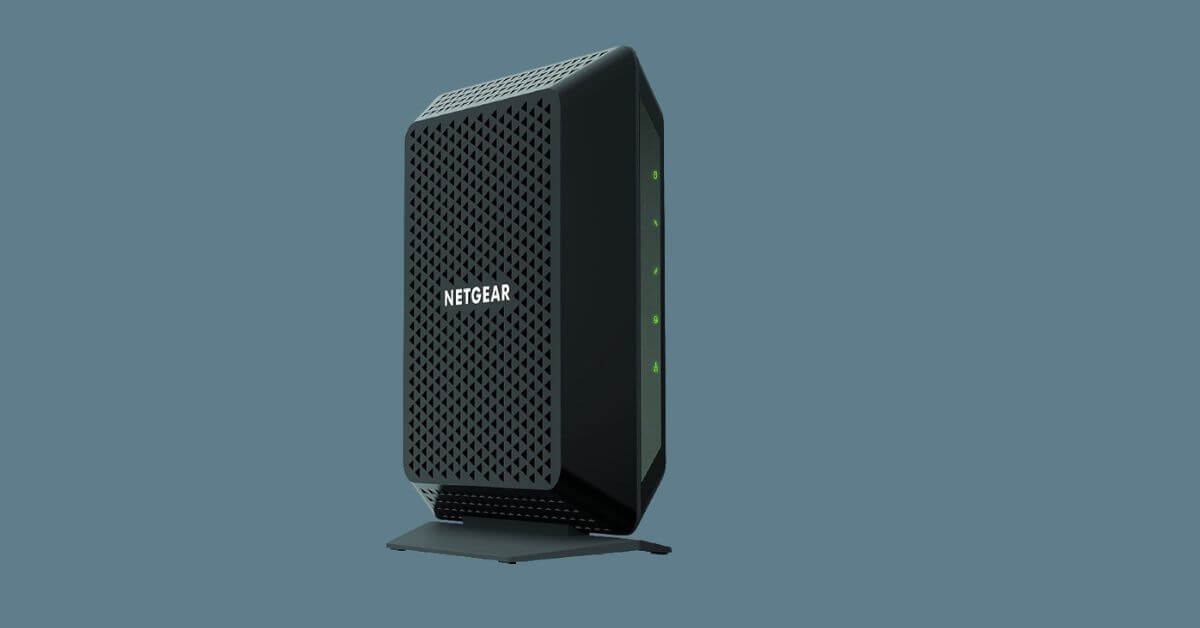


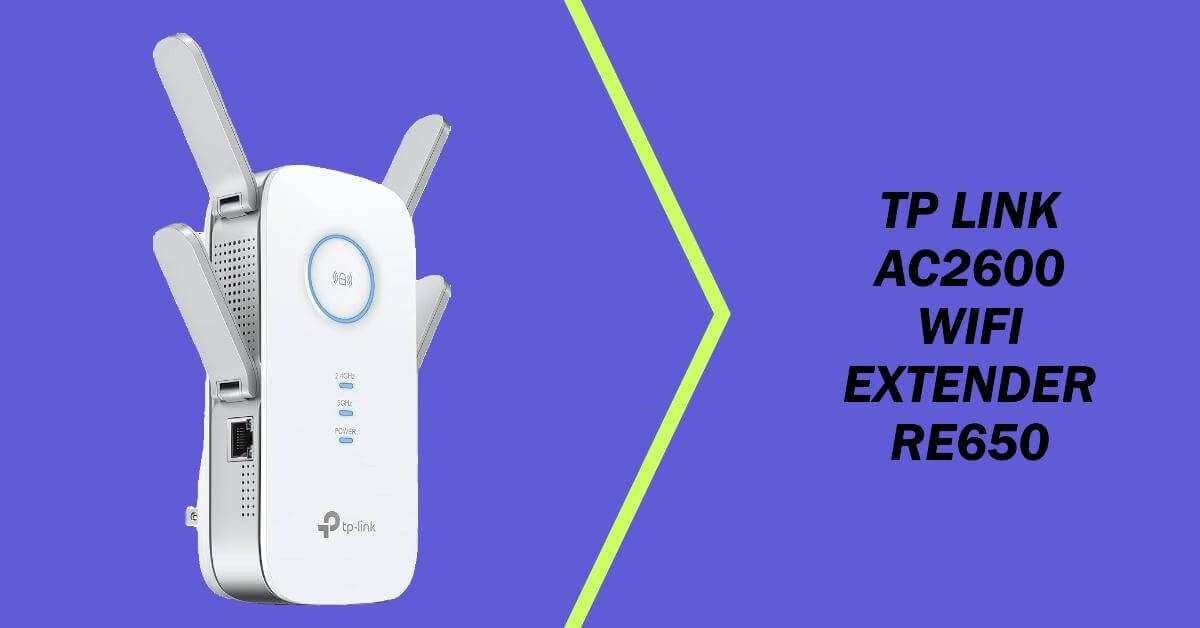
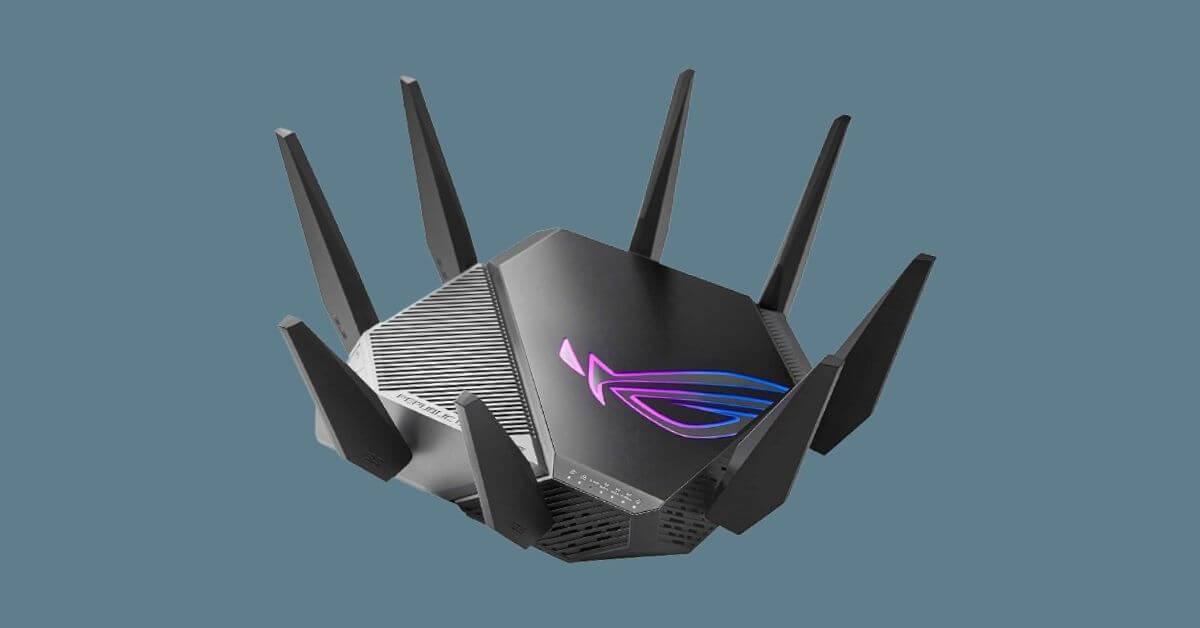
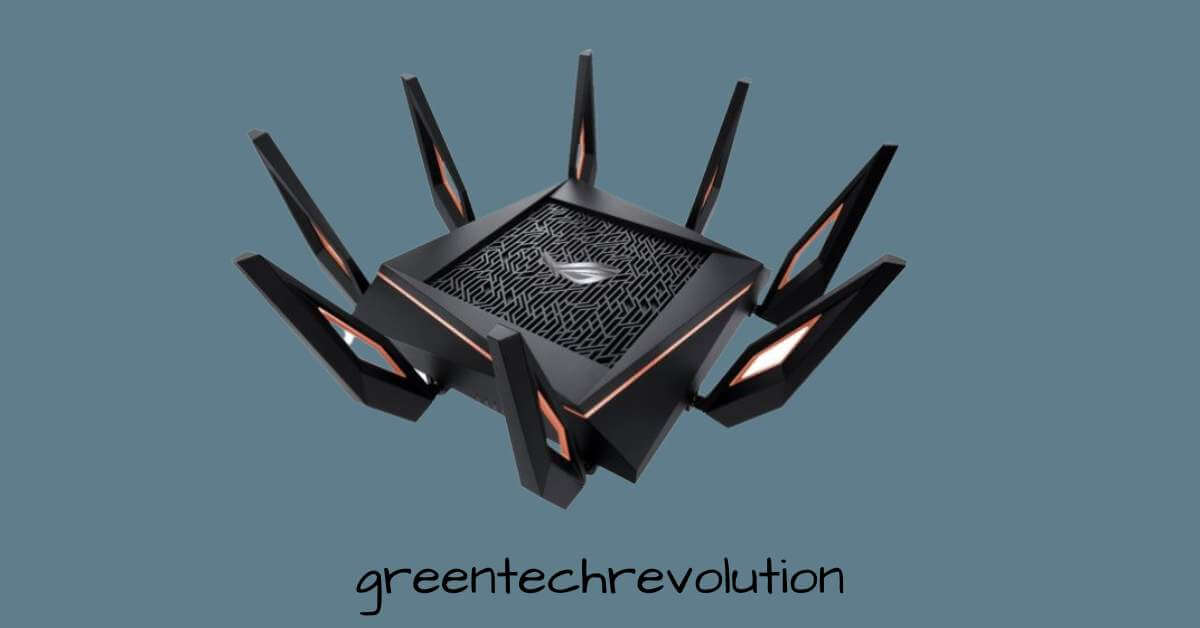
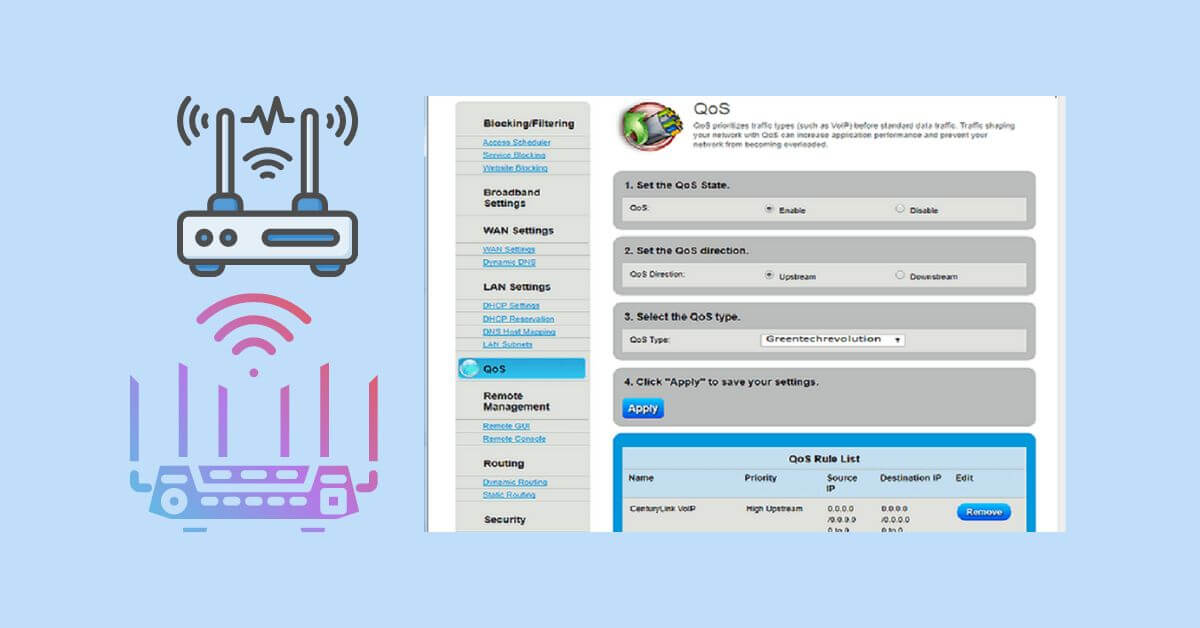
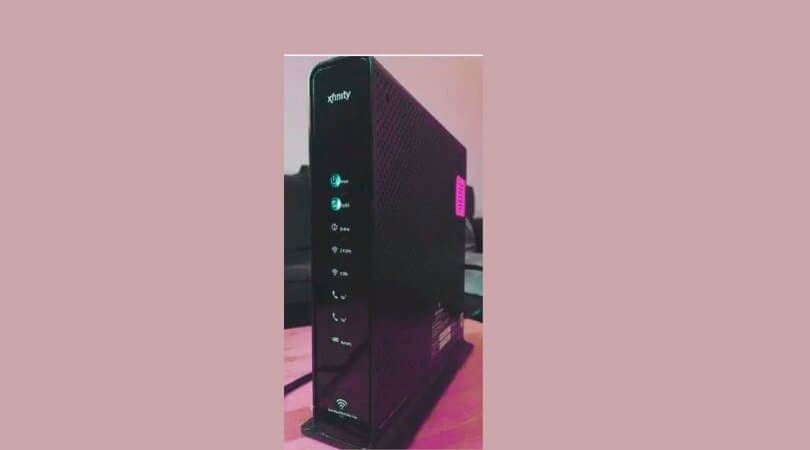
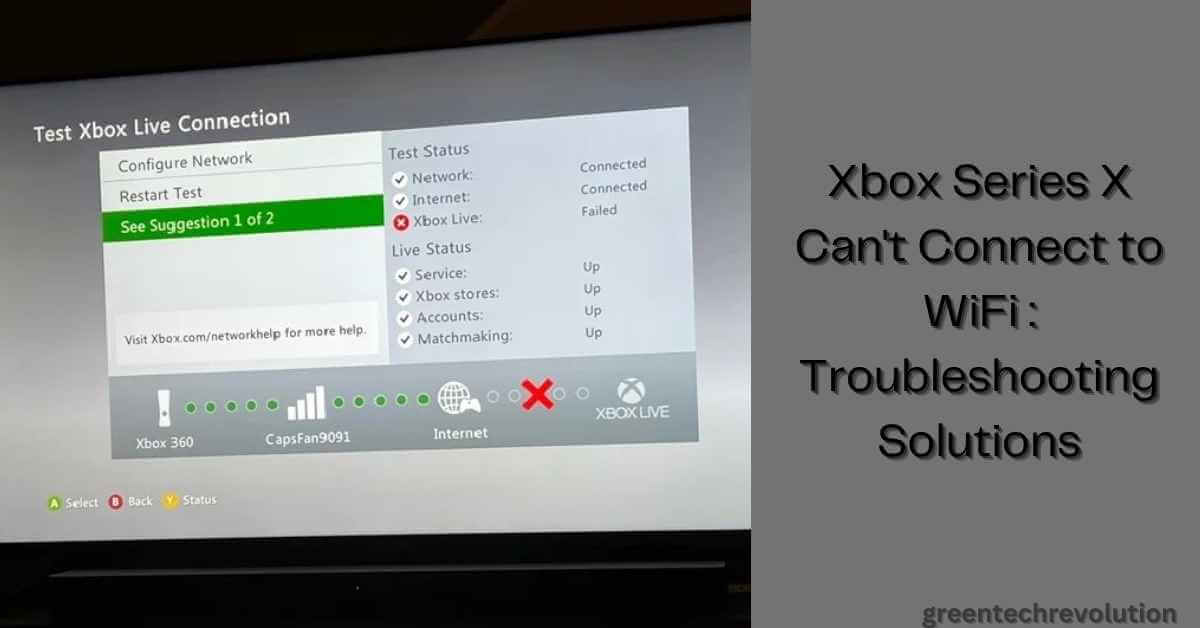
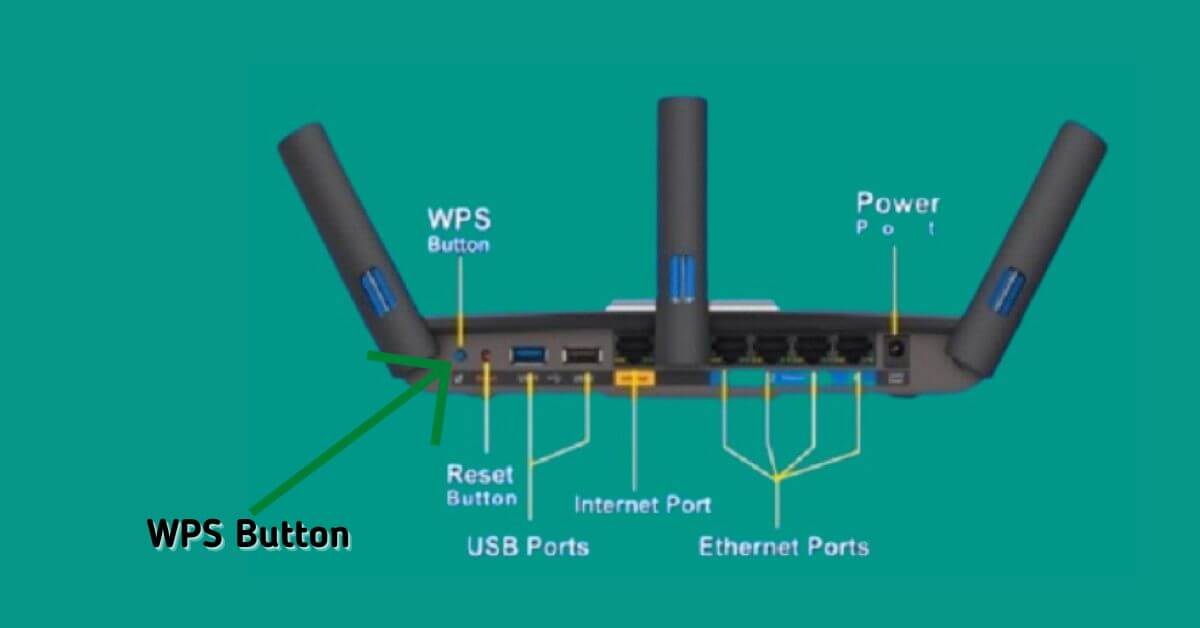
Leave a Reply
You must be logged in to post a comment.